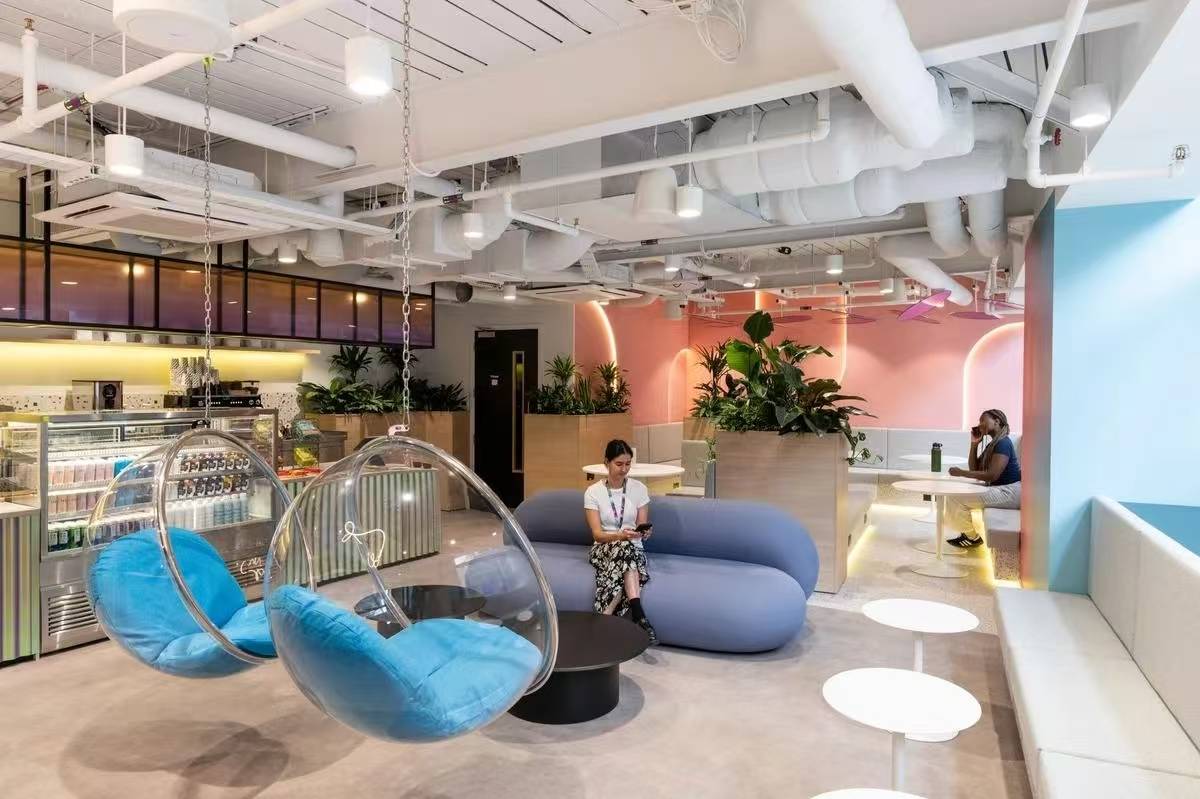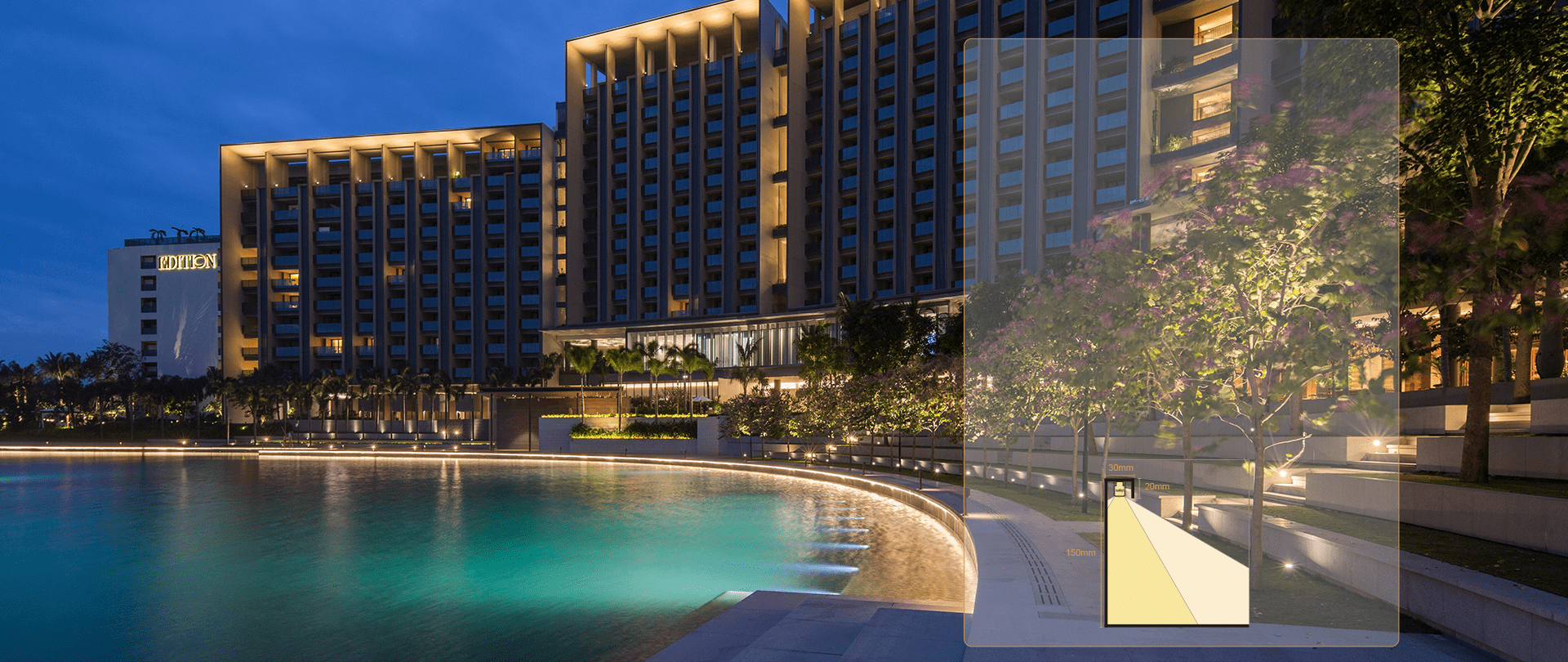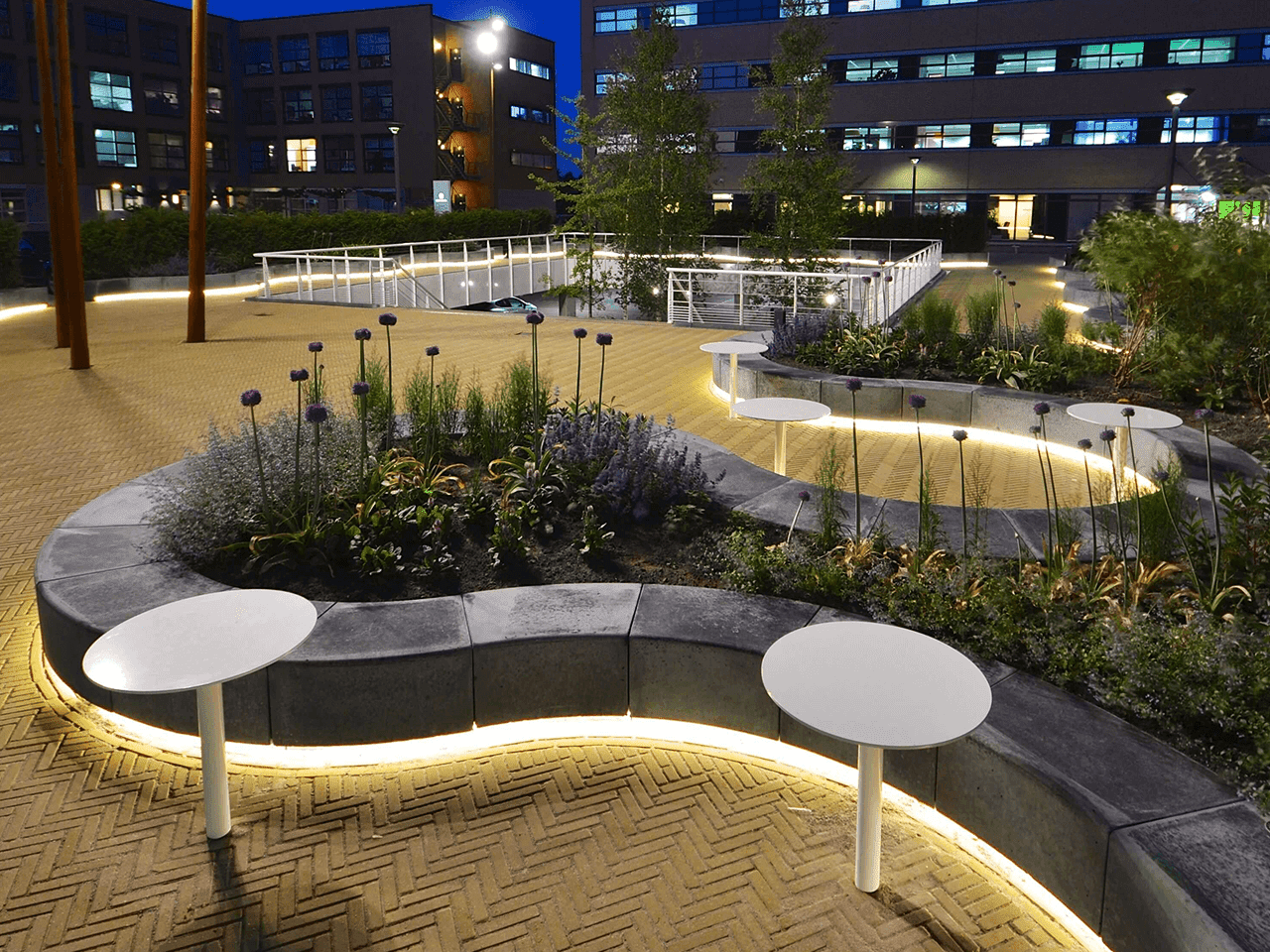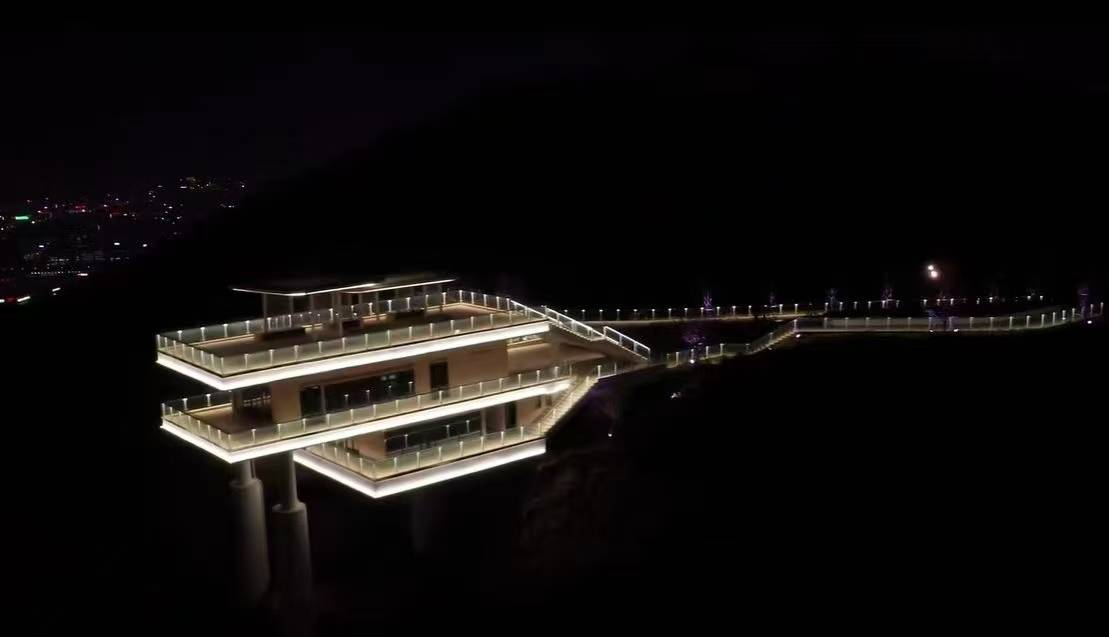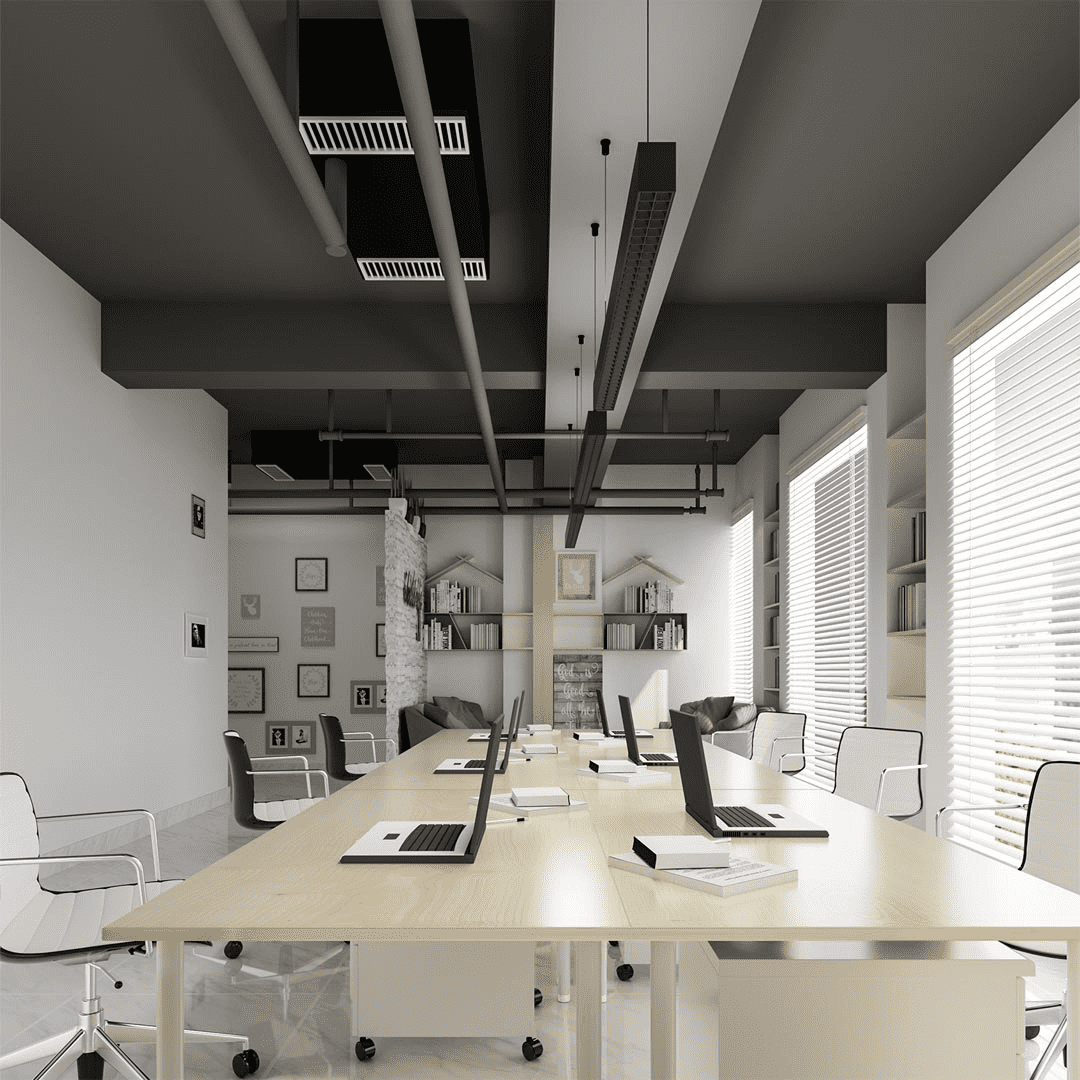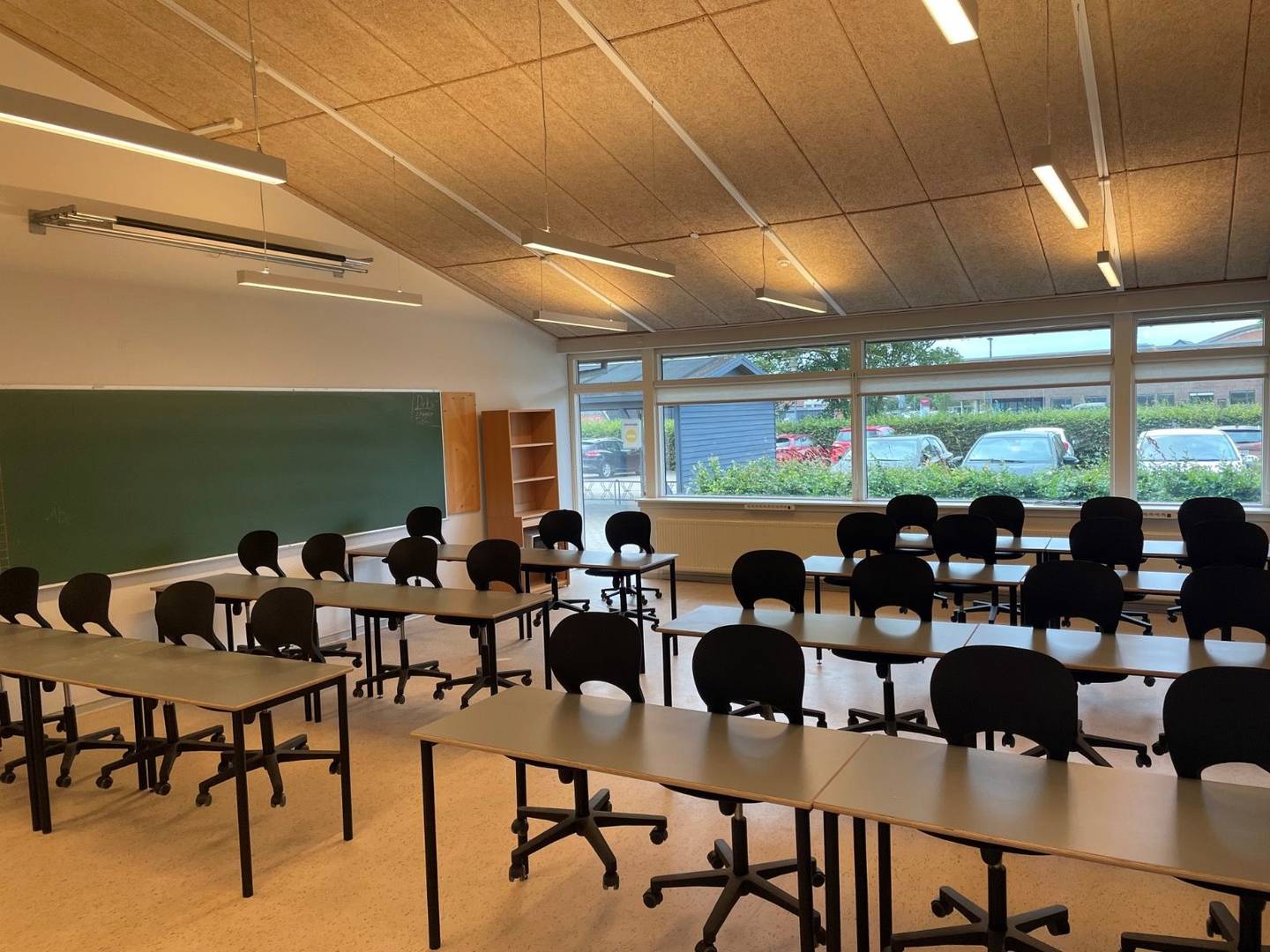1. Introduction – Why Office Lighting Matters?
Lighting in the workplace is often overlooked, yet it has a direct impact on productivity, comfort, and well-being. Poorly designed office lighting can cause headaches, eye strain, and fatigue. On the other hand, a well-planned lighting system helps employees stay alert, improves focus, and creates a welcoming atmosphere for clients.
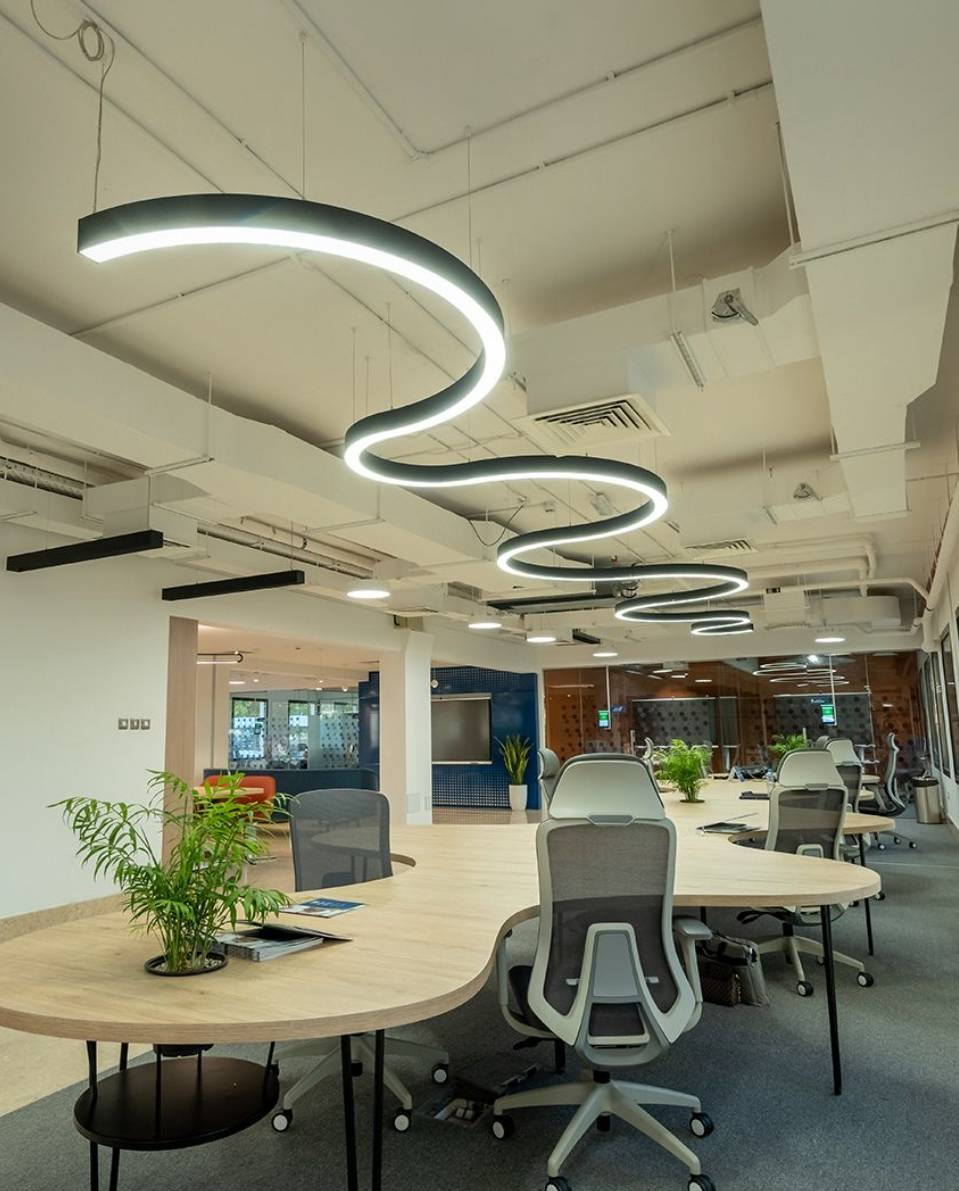
2. Natural vs. Artificial Light in the Workplace
Natural daylight is the best source of illumination, but it’s not always available in every corner of the office. That’s where artificial lighting steps in. A successful office design combines both: maximizing daylight while using efficient LED lighting to maintain consistent brightness throughout the day.
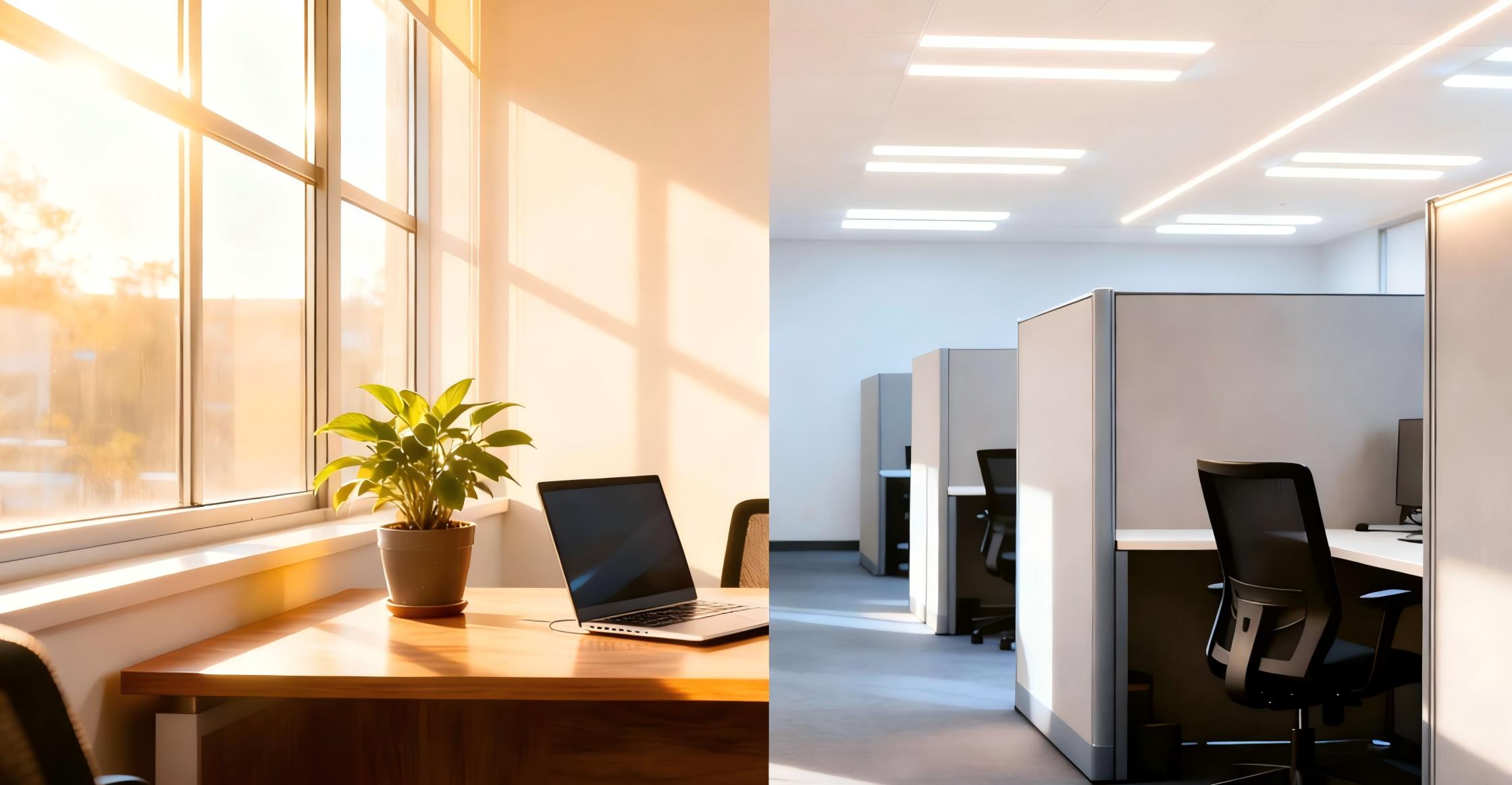
3. Key Factors to Consider in Office Lighting
Brightness & Lumen Levels
An office should be lit with enough brightness to support detailed tasks without straining the eyes. Typically, workstations require 300–500 lux, while meeting rooms may need slightly higher levels.
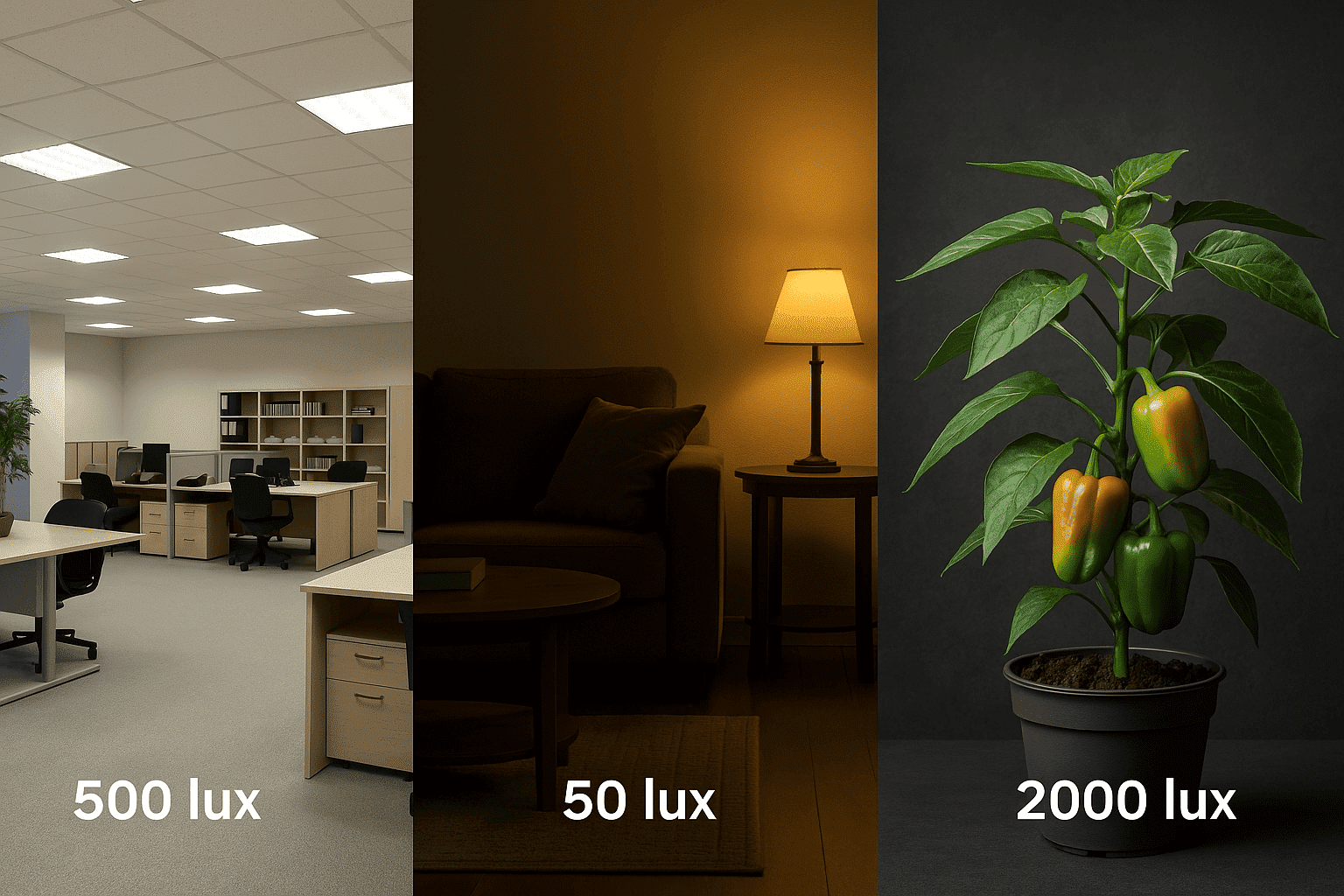
| AREA | RECOMMENDED LIGHTING LEVEL | AREA | RECOMMENDED LIGHTING LEVEL |
| Offices | |||
| General | 500 lux | Drawing office | 500 lux |
| Computer work stations | 300 – 500 lux | Drawing boards | 750 lux |
| Filing rooms | 300 lux | CAD design areas | 300 – 500 lux |
| Print rooms | 300 lux |
Color Temperature
Cool white light (4000K–5000K) helps maintain focus and energy during working hours, while warmer tones (3000K) can be more suitable for lounges or breakout zones.Nowadays ,DALI CCT dimmable (DT8) and Casambi wireless smart controller is widely applied for office lighting.It hugely support HCL (Human Central Light) ,CCT and brightness can be automatically adjustable to meet human’s Circadian rhythm.
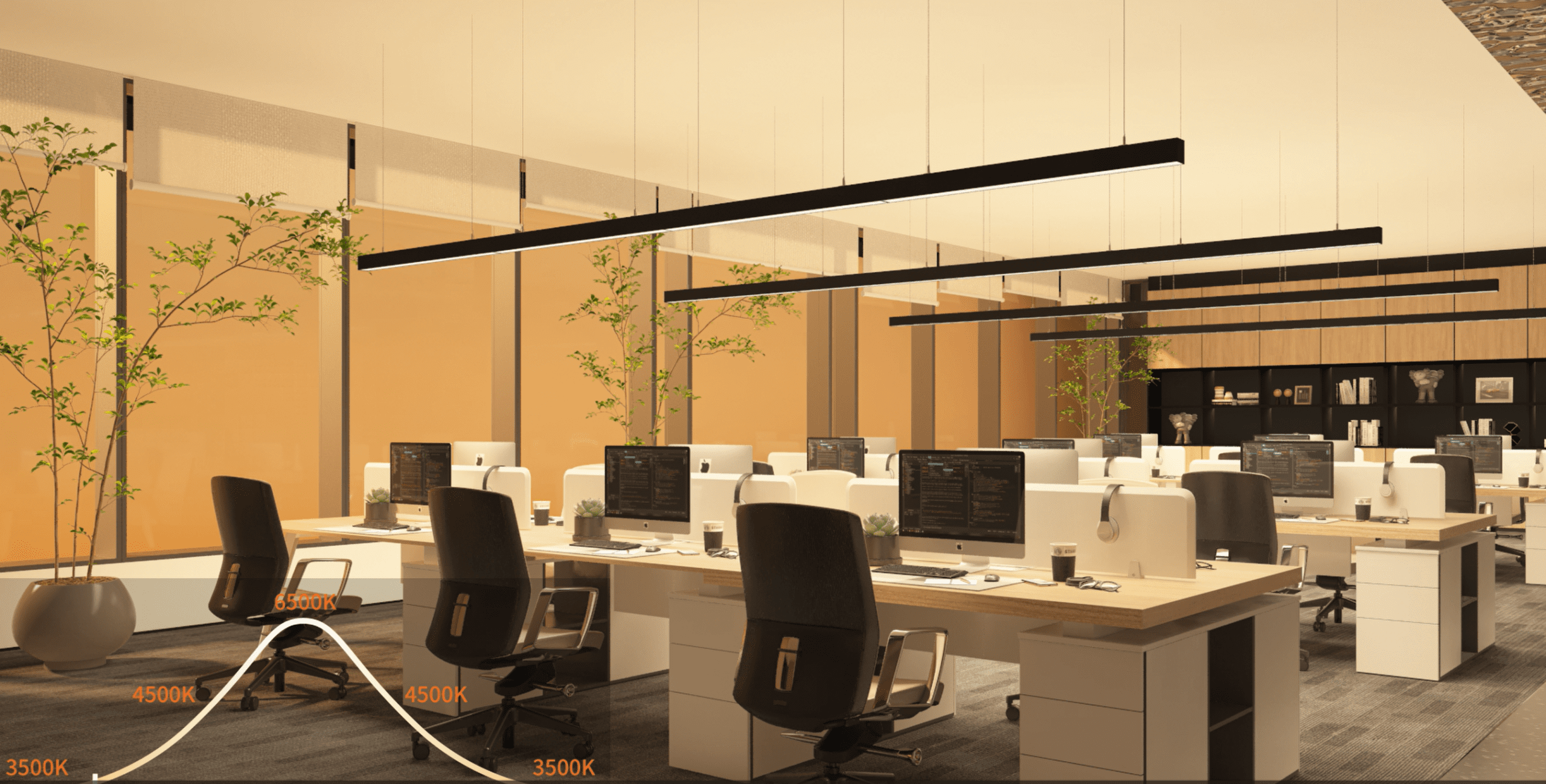
Glare Control & UGR
Uncontrolled glare is one of the most common complaints in offices. Choosing lighting with a low UGR (Unified Glare Rating) ensures comfort and prevents eye strain.
Based on the glaring effect of a fixture, the UGR ranges from 5 to 40. If you want to have glare-free lighting, choose a fixture with low UGR. This allows you to work comfortably without causing eye strain. In contrast, a high UGR> 28 will cause you excessive glaring issues.
| UGR Rating | Glare Level |
| UGR < 10 | Barely noticeable glare |
| UGR 10-16 | Low glare, comfortable lighting |
| UGR 16-19 | Moderate glare, acceptable for most general lighting |
| UGR 19-22 | Noticeable glare may be tolerable depending on the application |
Energy Efficiency
Modern LED lighting not only saves electricity but also reduces maintenance costs. Offices can further improve efficiency with smart lighting controls like occupancy sensors and daylight harvesting.
4. Best Lighting Solutions for Different Office Areas
Open Workspaces – Uniform lighting with linear LED fixtures to ensure even distribution.
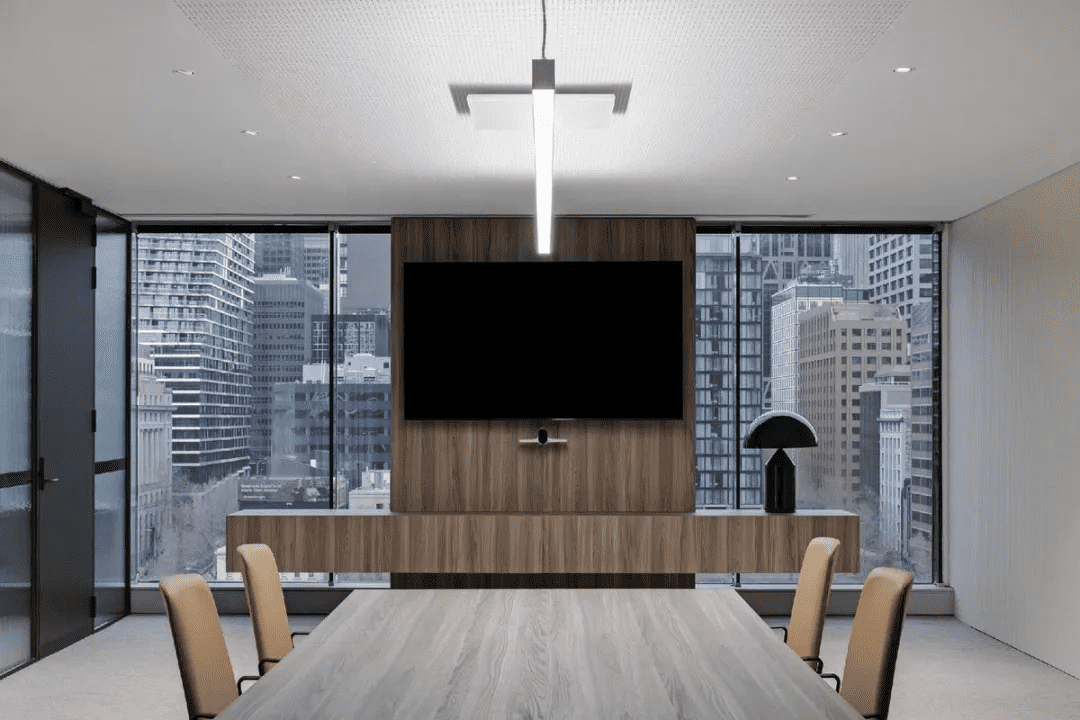
Meeting Rooms – Flexible lighting that can be dimmed or adjusted depending on presentations or discussions.
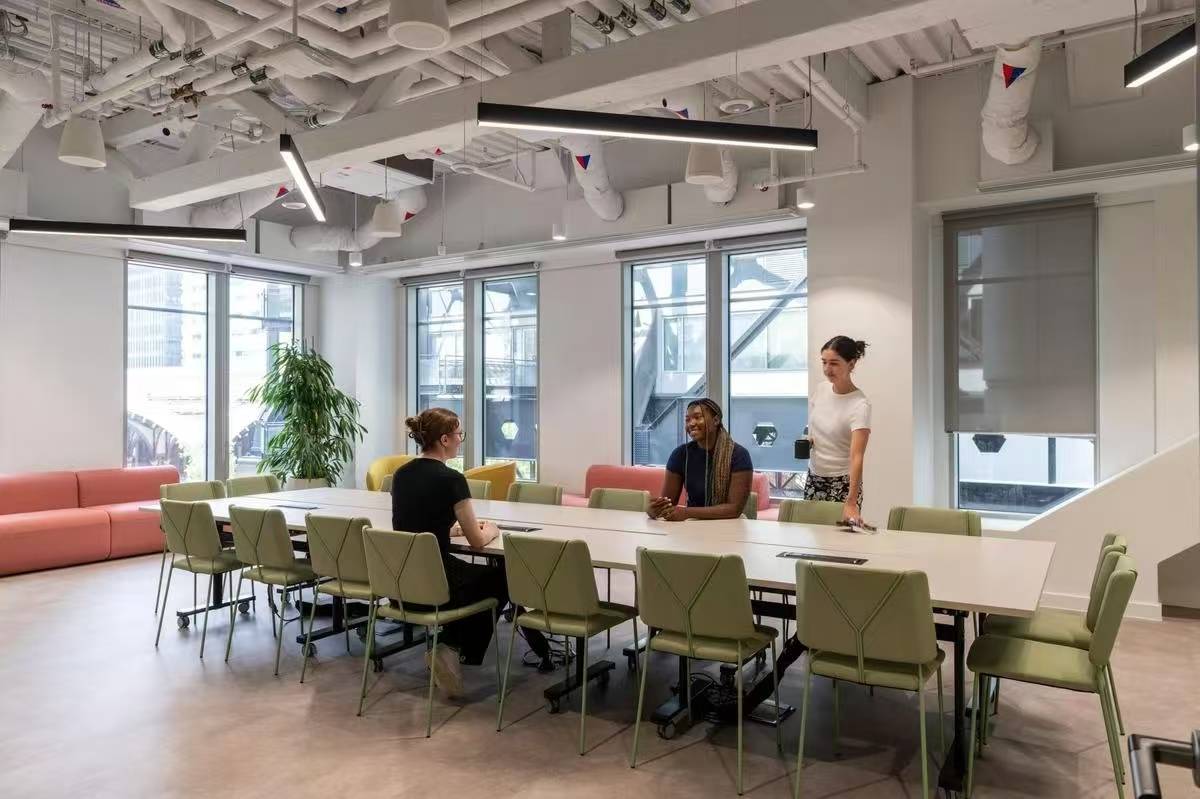
Reception Areas – A welcoming mix of general lighting and decorative accent lights.
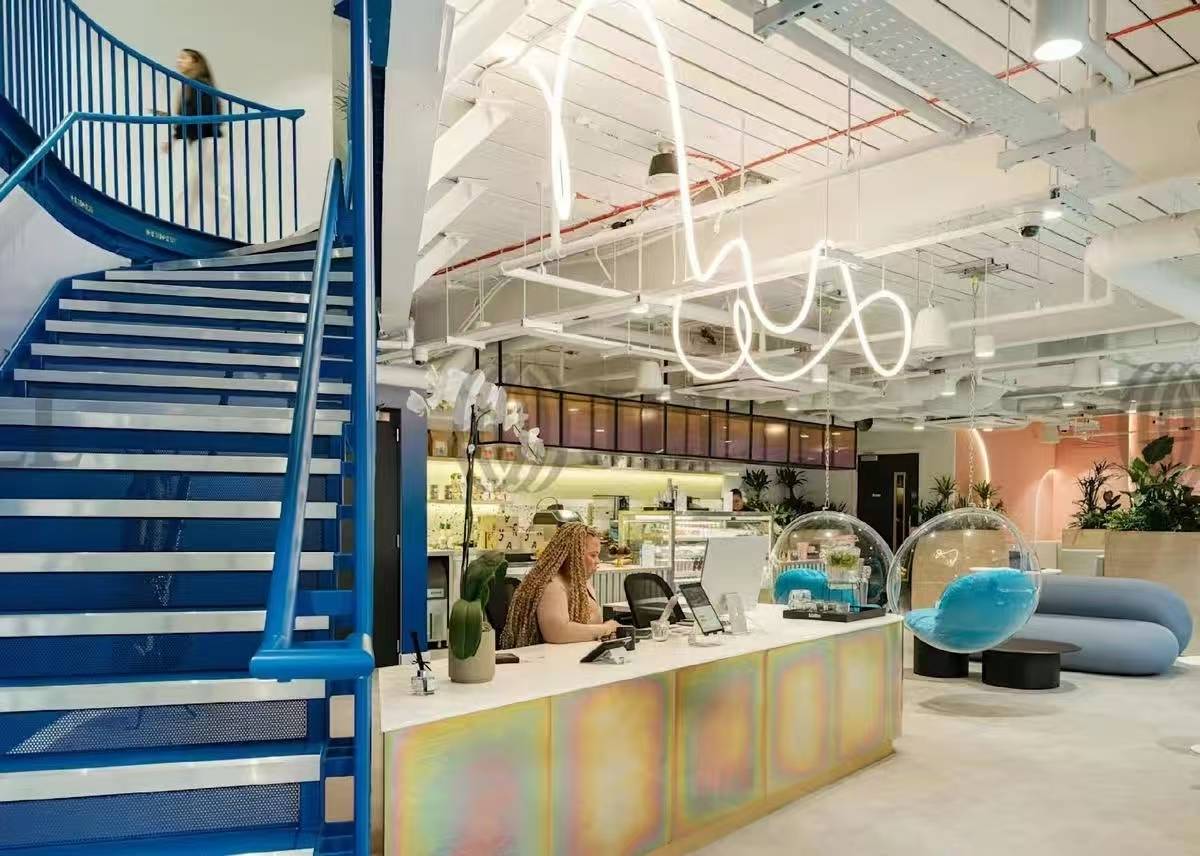
Breakout Zones – Warmer, softer lighting to create a more relaxed atmosphere.
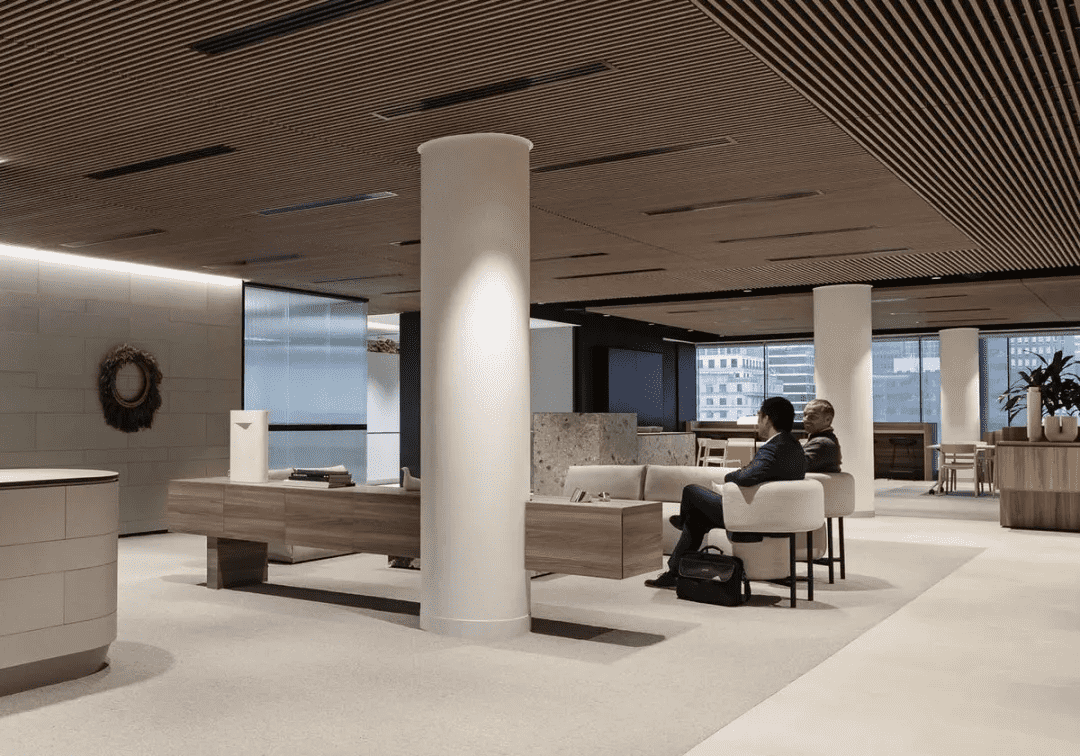
5. Common Mistakes in Office Lighting Design
- Overusing fluorescent lights with poor CRI (color rendering index)
- Ignoring natural daylight potential
- Installing fixtures without considering glare or reflection from computer screens
- Using one single lighting type for all areas instead of a layered approach
6. Trends in Modern Office Lighting
Today’s workplaces are adopting human-centric lighting – systems that adjust brightness and color temperature to align with natural circadian rhythms. Smart lighting, integrated with building automation, is also becoming a standard in modern offices.For example,Smart office with tunable white LED linear light,downlight ,CCT led strip and app-based lighting control.
The modern office is changing to embrace a flexible design that accommodates diverse work preferences, offering a range of spaces from quiet corners to collaborative work areas. This dynamic environment aims to boost productivity, foster creativity, and enhance social connections among employees. Recognizing the impact of lighting on mood, circadian rhythms, and physical well-being, the best offices now prioritize customizable lighting solutions. By empowering employees to control local lighting, stress levels are reduced, and significant energy savings are achieved by directing light only where necessary. We try to cooperate with casambi with their BLE wireless controller and provide best and smarter lighting in office.
7. Conclusion – Lighting as an Investment in People
Office lighting is more than a technical requirement; it’s an investment in employee well-being and productivity. A thoughtful lighting design can boost energy, improve collaboration, and reflect a company’s brand identity.
